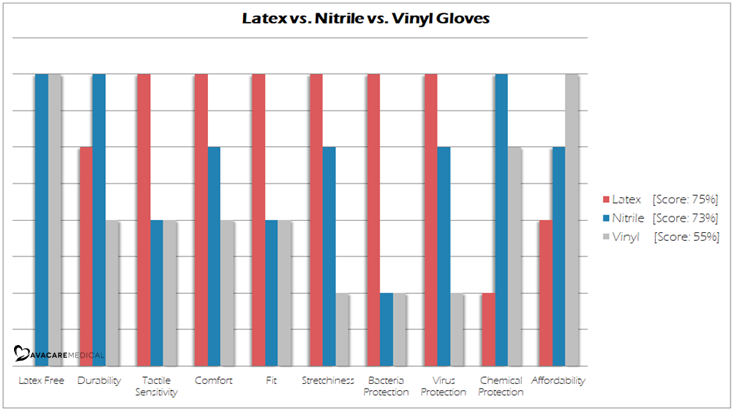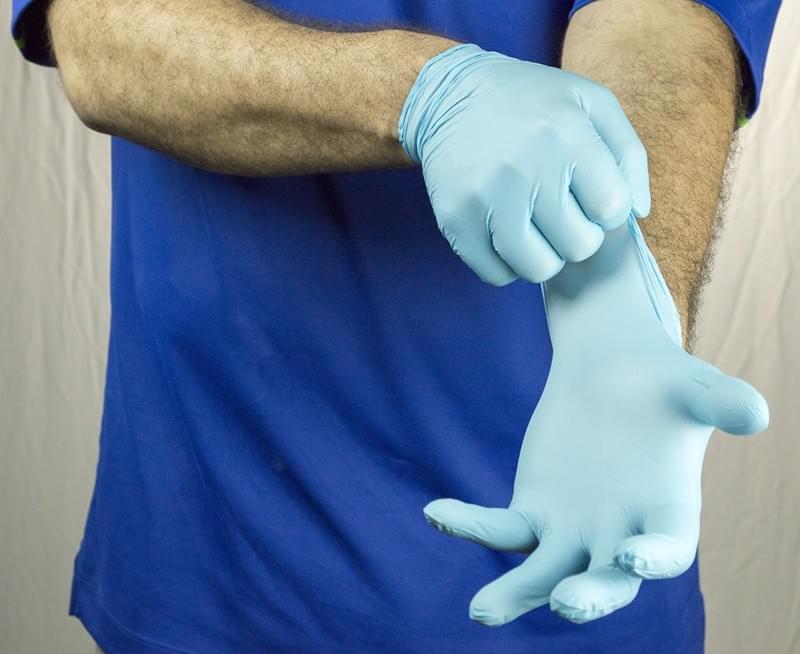In the case of hiv where the patient has a weakened immune system gloves protect the transmission of any pathogens from the worker to the patient receiving care.
Do vinyl gloves protect against hiv.
Skin on its own does provide some protection against exposure to infection or disease but our natural defenses may not be enough.
This article explains the food safety implications of vinyl gloves and their potential adverse effects on both human and environmental health with food safe and cost effective alternatives.
Today we ll take a look at some of the most common bloodborne pathogens that quality disposable nitrile and latex gloves can protect against.
Exam gloves protect healthcare workers against potentially infectious materials such as blood and body fluids or harsh chemicals.
The virus attacks the immune system making it difficult for individuals to fight off infections and illnesses.
With so many choices the decision can get overwhelming so let s break it down and get an idea of why there are so many different types to begin with.
They will not conform to the above standards especially for tear resistance and are not fit for the purpose of protection against exposure to blood borne viruses.
More than 200types of gloves are available on the market with an overwhelming choice of materials design and cost.
The protection offered by a glove referred to as its barrier effectiveness is the ability of the glove to withstand viral penetration.
3 recently new glove challenges have arisen with theemergence of latex.
Traditional vinyl gloves have a tensile strength of about 11 mpa and are.
Up to 50 of disposable vinyl glove raw materials are made from plasticizers which make pvc flexible and soft enough to wear.
With the advent of universal precautions to protect against hiv hepatitis and otherviruses the us glove market quickly reached 10 billion pairs annually.
Latex allergies are becoming common with prolonged use of latex gloves and the use of nitrile or vinyl gloves is recommended to avoid becoming sensitised.
One type of vinyl and seven types of latex gloves without visual defects were tested with respect to their barrier function against high concentrations of three viruses of varying size.
Vinyl is also not very form fitting compared to latex or nitrile giving the wearer limited dexterity and a higher chance that the glove with catch and tear.
The level of protection comfort durability and more all vary between the types of gloves which include latex gloves nitrile gloves and vinyl gloves.





























